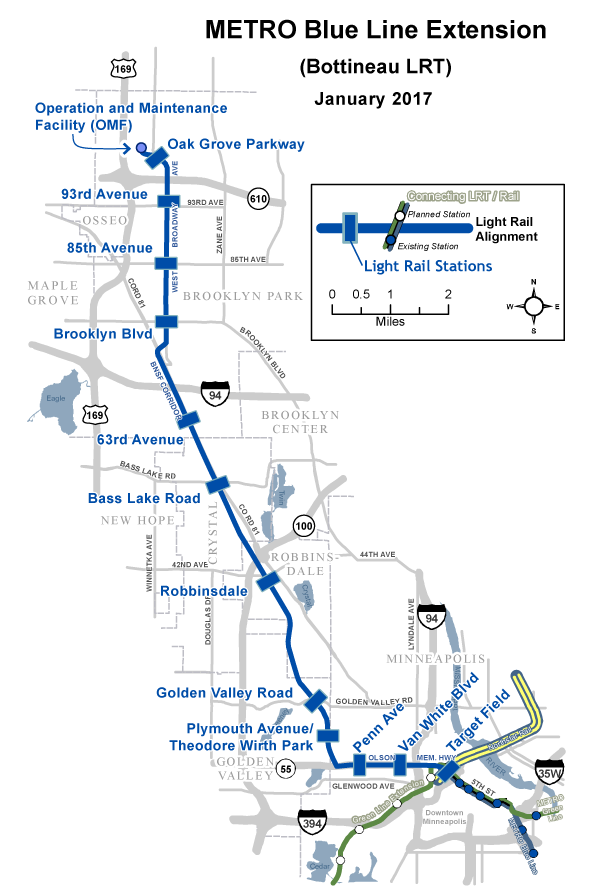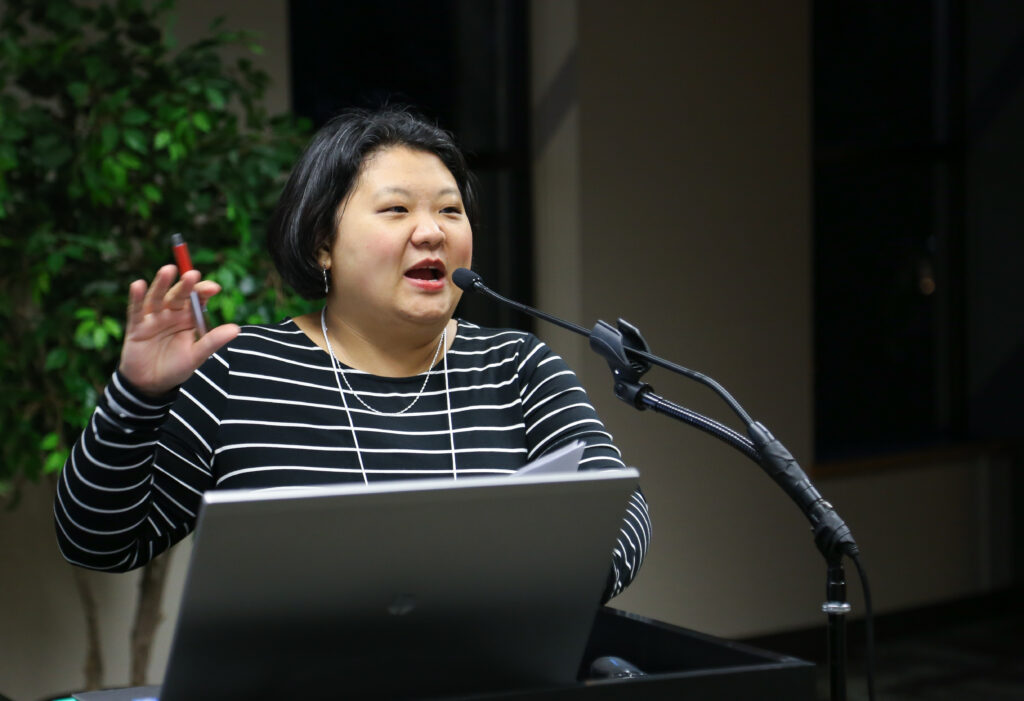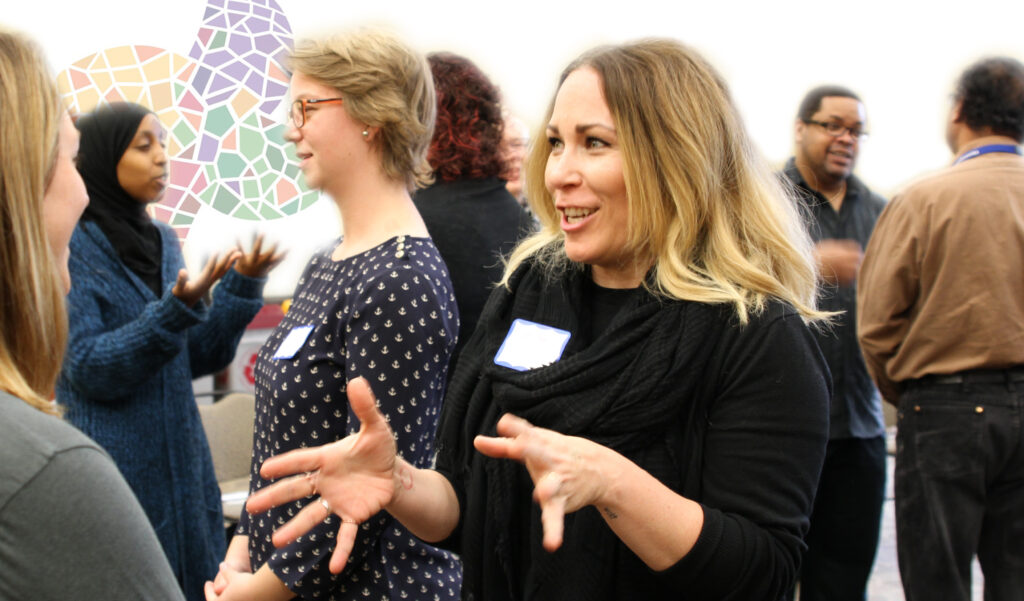To answer this question, we turn to the story of the Blue Line Coalition: With the landscape of our cities ever-changing, the Metro Blue Line light rail extension is planned to connect North Minneapolis and Brooklyn Park, running through neighborhoods with a majority population of people of color and immigrants. Major infrastructural investments like the
How can community voices influence major development?



